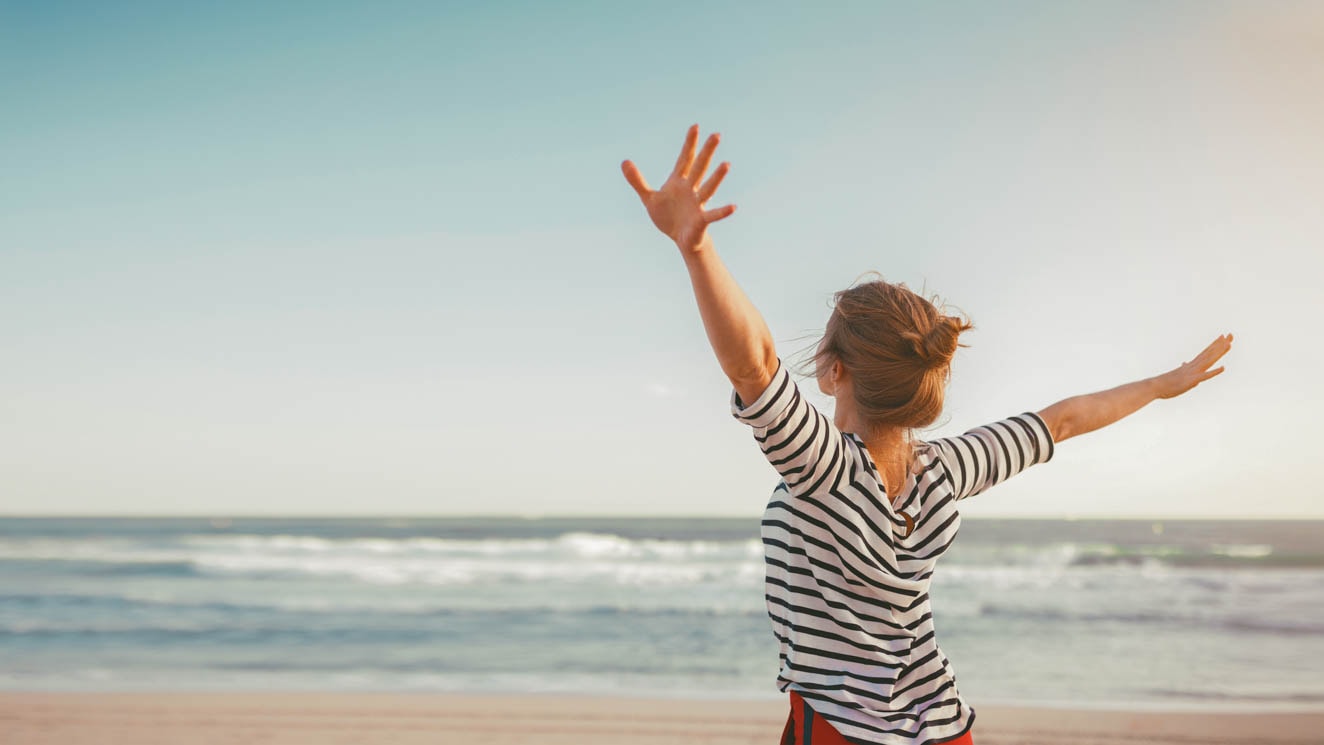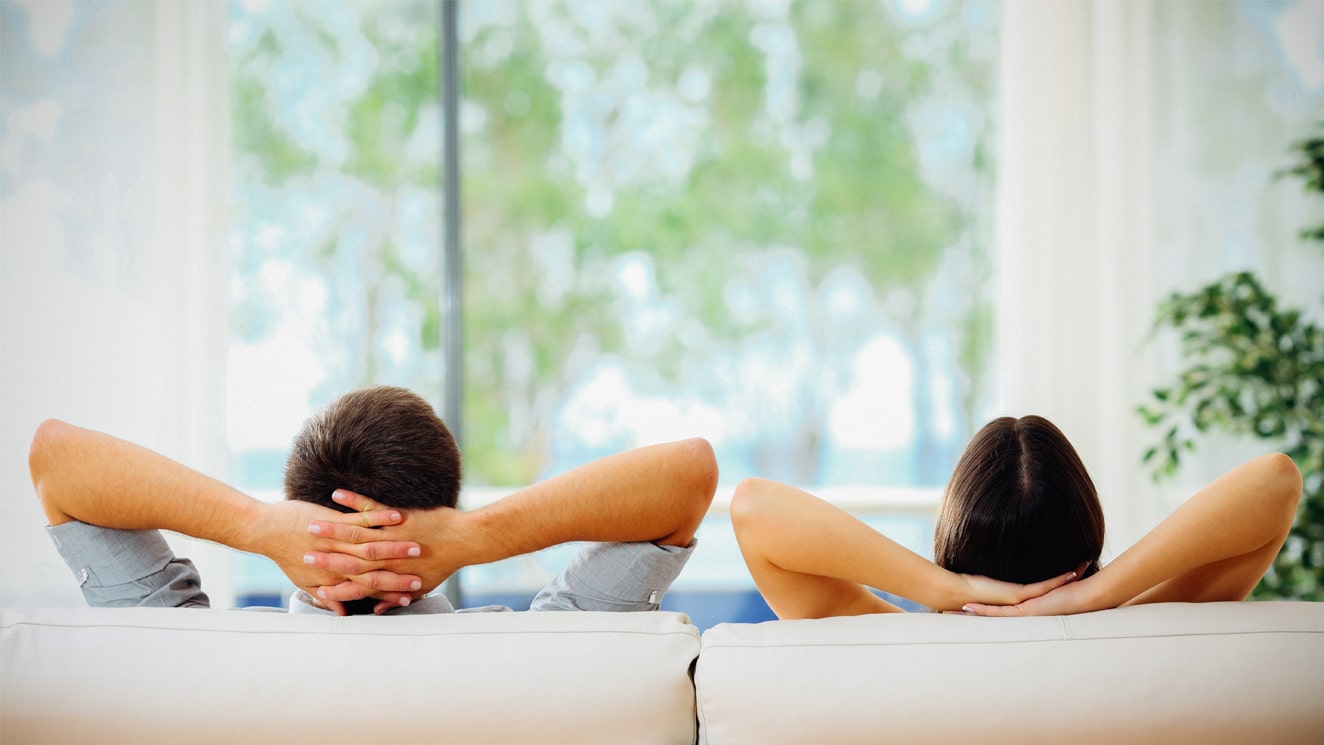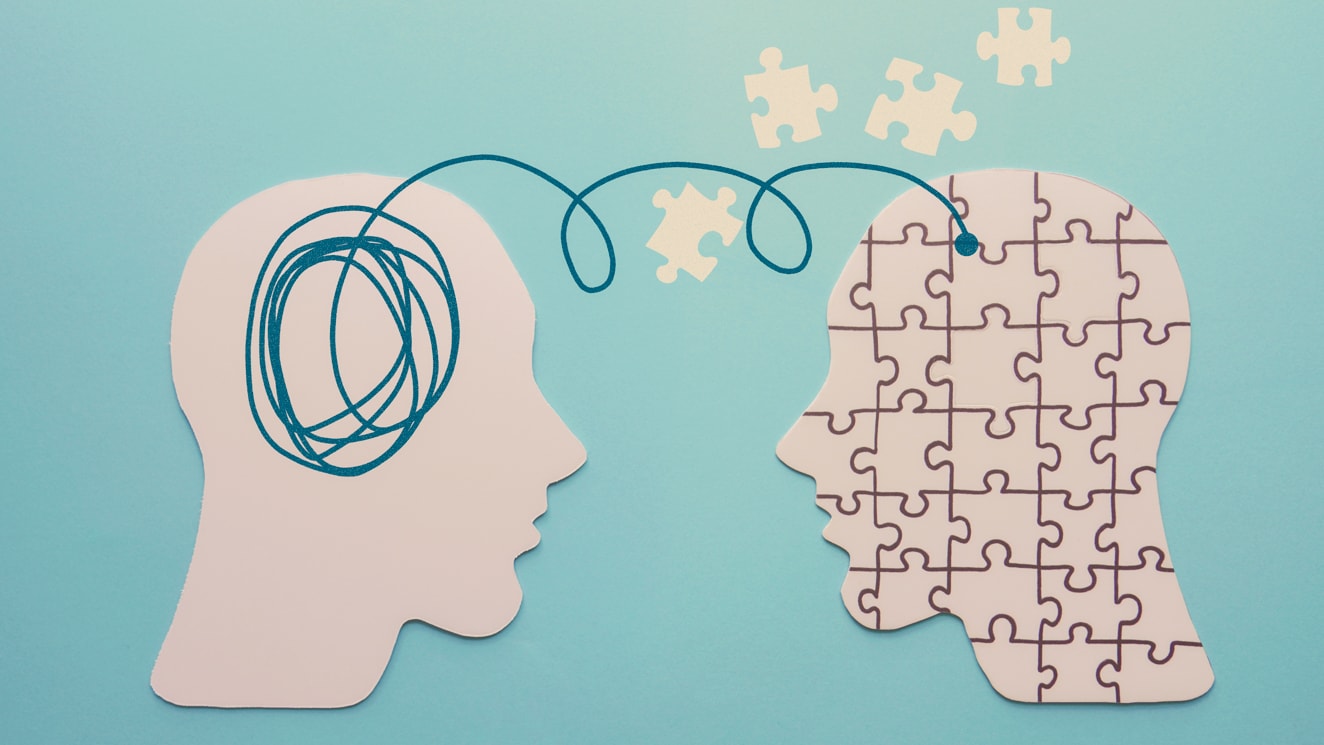

As my husband and I walk our kids to school through thick smoke from the California wildfires, we have what has become our daily “planning conversation.” I update him about my research into whether it would be possible for us to potentially immigrate to the Netherlands (using the Dutch American Friendship Treaty). On his phone he shows me the neighborhood in Eindhoven he has been looking at – scanning for potential jobs and housing. We zeroed in on that spot because there are train and driving routes to where my family in England lives, though plane tickets are cheap also. It’s a solid option, one of many we are keeping open now that staying in place feels increasingly fraught.
It’s still only the beginning of the school year, but thanks to Covid cases, already half a dozen classrooms have had to go back to distance learning for a quarantine period. Yes, the kids are masked up, but it’s not enough with the Delta variant running rampant and all the elementary students too young to get vaccinated.
Our family and community are in another kind of quarantine now, too, spending the last two months largely indoors due to poor air quality from wildfires — which have been getting increasingly worse each year due to climate change. Some days we can’t see the sun save for a faint pink outline in the smoke-smothered sky. Ash rains down on our cars like a dusting of snow. On the less apocalyptic days we might see the faint outline of the hills behind our house. But most days since July we haven’t been able to let our kids go in the backyard to play, even for a few sanity-saving minutes.
This isn’t how I imagined my kids’ childhood unfolding: Wearing masks to school, worrying about a deadly virus, stuck inside for months on end because of rampant wildfire smoke.
Truthfully, even before the pandemic began, school wasn’t what I had imagined it would be for my kids. There was the homework being assigned in overwhelmingly large packets, crowding out any free time to relax. The email notifications that would alert us to active shooter drills so we could process it with our kids once they got home. The reports of sex trafficking, and an alarming number of student suicides that have become the norm at the high school we’re zoned for. Lately I can’t stop asking myself: is this the sort of life I want for them? For me?
Maybe I should join the school board to lobby to redraw the zoning map. Maybe we should look into private school. Maybe we should move. These are all options I am able to comfort myself with because of my enormous amount of privilege that gives me potential escape routes amid an uncertain future.
If I’m being honest, these conversations are coping mechanisms for us more than they are viable plans. By going over these hypothetical escape routes, it feels like we’re doing something, even if we’re not going to follow through. To think we can switch gears if we need to has been calming, reassuring. Sometimes it’s homeschooling we talk about. Sometimes it’s moving to a different neighborhood. Recently, it’s been moving to another country. One with lower COVID numbers and a more holistic approach to schooling. Where women’s rights aren’t in peril from those who wish to live in a theocracy and guns can’t be bought on a whim at Walmart. A place where it feels like my kids have a fighting chance at retaining their hope for the future as they grow up.
But I can’t help but think about how many people don’t have the option to hatch an escape plan — real or imagined — because their options are limited or nonexistent. Those people for whom changing laws restricting voting access, secure housing, and abortion rights are inescapable. For whom climate change will be not a depressing nuisance, but a matter of life or death. My worries are about my kids spending summers in an air conditioned house, not them dying from heat stroke in an unventilated apartment or drowning in a flooded basement unit. My life sometimes feels untenable, but it will likely never be in danger, even if I never use any of the escape hatches I’ve drummed up.
I know I’m supposed to fight to make things better, but I often feel too helpless to even try. How am I supposed to combat climate change when all my personal sustainability efforts are like a drop in the bucket against the waterfall of corporate pollution? How am I going to sway politicians rolling in gun lobby cash when in my own life I can barely budget enough money for sports leagues AND a Netflix subscription? Most days, I conclude that the answer is I can’t.
So, instead, I throw myself into crafting getaway plans, because they help me get through the day. It’s a comfort to know we have options, even if I never get to the level of courage or desperation required to follow through. Many days I feel a complicated guilt, knowing that even fantasizing about having another kind of life is a privilege denied to so many. Because as powerless as I may feel some days, I still have choices and that is in fact a type of power. Perhaps not a far-reaching power, but power nonetheless.







